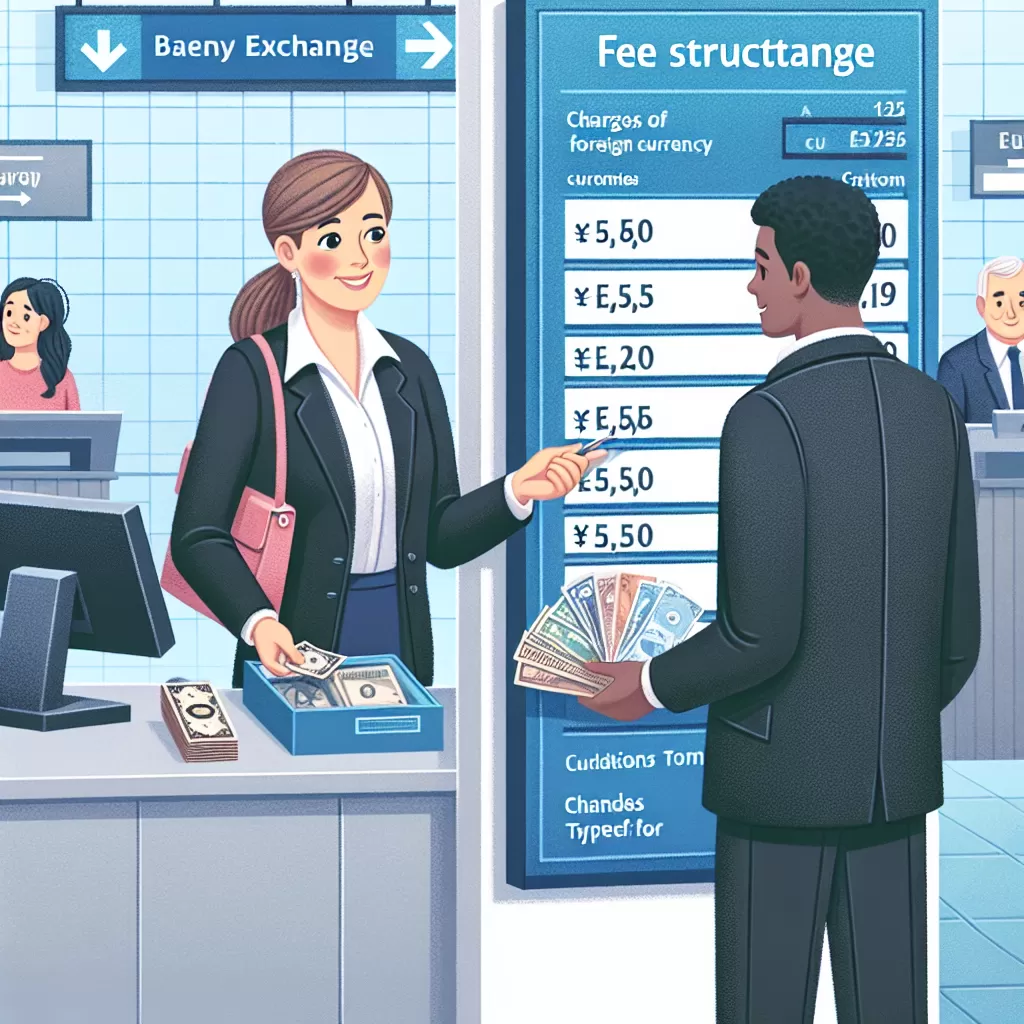What Do Banks Charge For Currency Exchange
Follow Currency Mart April 10, 2024
Where to purchase Foreign Currencies?

Introduction
The world of finance is replete with elements that can be mind-bogglingly complex. One such realm is the sphere of currency exchange. It is an area fraught with fluctuating rates, varying fees, and different charges by financial establishments, particularly banks. This article is designed to enlighten you on what banks charge for currency exchange, helping you make informed decisions.Currency Exchange and Banks
Banks function as significant players in the currency exchange market. They act as intermediaries between customers who need to exchange currency for travel, overseas transactions, or investment purposes. A key revenue stream for banks from this service emerges from the fees and costs associated with currency exchange, which typically vary based on factors like the transaction's size and the currency involved.Exchange Rates
The foundation of a currency exchange process is the exchange rate. This rate refers to the value of one currency compared to another. For example, you might see an exchange rate from the Canadian dollar to the American dollar, quoted as 1 CAD = 0.76 USD. Banks typically add a mark-up to these exchange rates, which forms part of what they charge for currency exchange.Transaction Fees
Transaction fees make up another component of what banks charge for currency exchange. These fees are additional costs attached to the transaction itself, separate from the exchange rate. These charges can either be a flat rate or a percentage of the transaction amount. It’s often tiered – the larger the amount of currency being exchanged, the higher the transaction fee may be.International Wire Transfer Fees
If your currency exchange involves transferring money internationally, it will likely involve an additional fee, known as an international wire transfer fee. Banks frequently charge this fee to cover the cost of transmitting your funds internationally, which often involves other corresponding banks. This amount varies, but it's usually a flat fee for each transaction, regardless of the total amount sent.Foreign Currency Service Fees
Whenever you use your debit or credit card in a foreign country, banks often charge what is referred to as a Foreign Currency Service Fee or FCY Service Fee. This is usually a percentage applied on top of the purchase amount in the foreign currency, usually ranging between 1% - 3%. It reflects the fees charged by banks for facilitating these foreign transactions.How to Minimize These Charges
While it might seem like fees and charges are unavoidable when dealing with currency exchange, there are ways to significantly minimize these costs. Comparison-shopping before settling on a bank for your currency exchange needs is advisable. Also, using an online exchange platform may provide better rates, given their lower overheads. Lastly, it may be beneficial to withdraw larger sums less frequently, to reduce transaction fee occurrences.Conclusion
Banks offer secure services when it comes to currency exchange. However, knowledge about the various charges they levy for these services is crucial to avoid any negative surprises. By understanding the fees associated with using a bank for currency exchange and seeking ways to minimize these costs, you can participate intelligently in the ever-dancing realm of currency exchange.
Where to purchase Foreign Currencies?